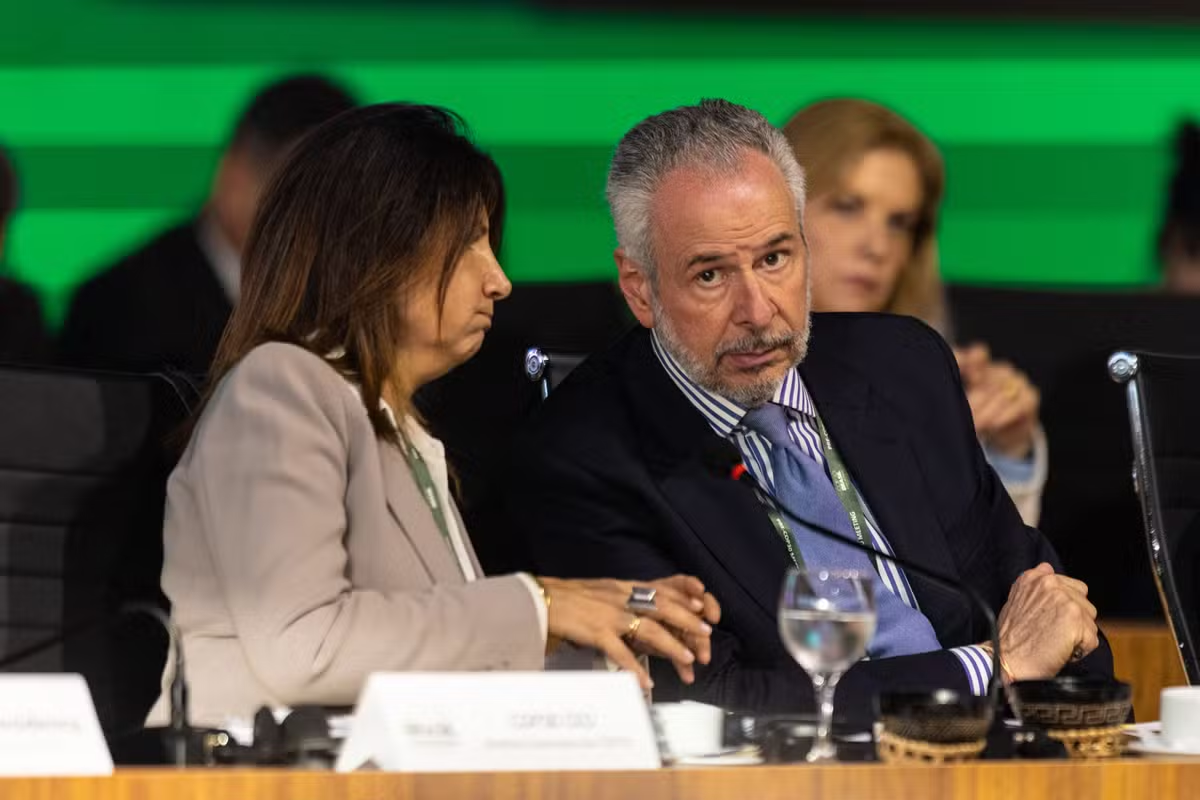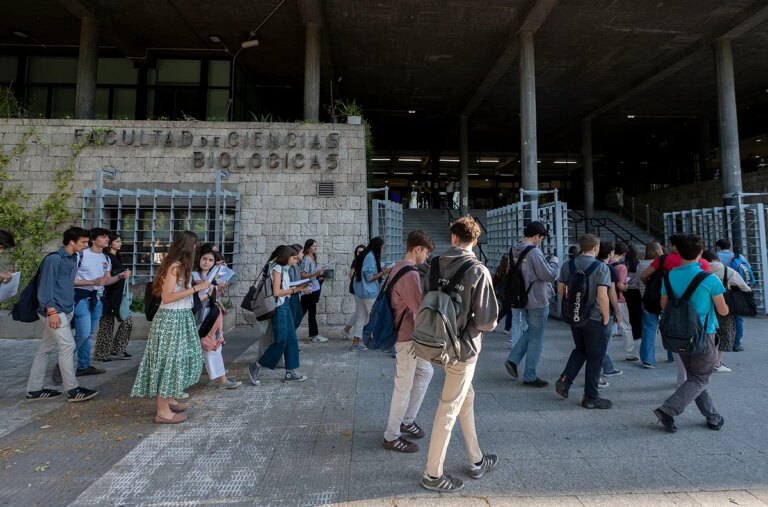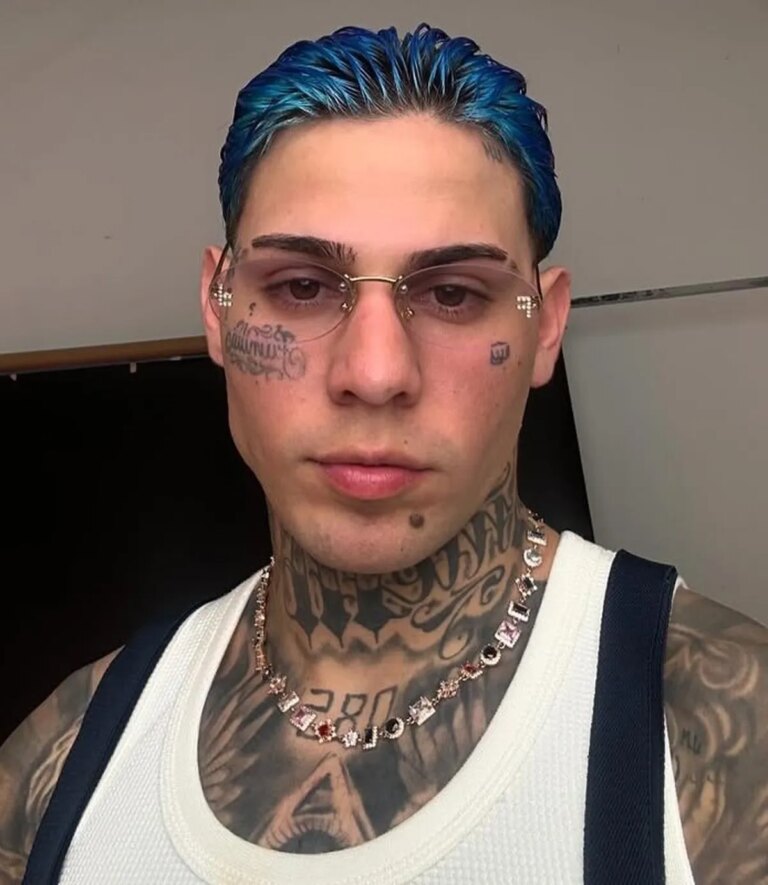
COP30, the first meeting of the parties to the United Nations Framework Convention on Climate Change to be held in the Amazon, opens in Belem this Monday, but in principle concludes on November 21, after a weekend in which negotiators from several countries, including Brazil, tried to resolve differences over the meeting’s official agenda. In what negotiators call the “agenda fight,” which is repeated every year, six points require maximum effort from negotiators, Ambassador Lilliam Chagas, head of the Ministry of Foreign Affairs’ (MRE) climate change department and the country’s chief negotiator in international negotiations on climate change, told Globo.
— The game is about each group trying to make connections to what they are most concerned about — Chagas explains.
In addition to the Ambassador, top officials from the Brazilian COP Presidency, including COP30 President Ambassador Andre Correa do Lago, met over the weekend to seek agreement to finalize the official agenda for the event. If all goes well, the agenda will be formally approved this Monday.
Starting without a formal agreed agenda is not good news for Brazil’s president, but in conversations with Brazilian and international journalists on Sunday, Correa do Lago and COP30 Secretary-General Ana Toni said fighting over the agenda was “a legitimate way for countries to express their concerns.”
— Consider, for example, how Congress works. There are rules that must be followed, Correa do Lago said, trying not to dramatize the situation.
- COP30 capital: Belém is already experiencing the hot future the world is trying to avoid
- Meeting rooms, kiosks, gym and 405 suites: Discover Villa COP in Belém. video
In recent weeks, four more items have been added to the two that emerged without agreement at Germany’s Bonn conference, the annual UN conference that serves as a prelude to the COP. The issues that were not agreed upon at the Bonn conference were those presented by Like-Minded Developing Countries (known as Like-Minded Developing Countries) regarding Article 9.1 of the Paris Agreement (which states that developed countries should provide finance to assist developing countries in both mitigating greenhouse gas emissions and adapting to the effects of climate change) and unilateral trade measures.
–These two points are from June. Since then, others have emerged – Chagas points out.
Three of the four new issues without agreement as of Sunday were proposals from African countries on forest financing. Small islands called for a response to be included in the comprehensive report on NDCs (Nationally Determined Contributions, commitments made by countries to reduce greenhouse gas emissions). And the European Union (EU) has submitted proposals for addressing transparency reporting, in which countries report their emissions.
In this scenario, if consensus is not achieved, the COP could start without an official agenda and wait for obstacles to be overcome before starting an agenda if possible.
-The heads of state have given very positive and important signals, Brazil’s chief negotiator emphasizes.
Without the presence of allies such as the United States and Prime Minister Javier Millei’s Argentina, COP30 will begin with a number of challenges and the Brazilian president’s desire to make progress in implementing the agreements already signed.
— We want to identify what is preventing implementation. Is it a financial issue or a regulatory issue? Implementation is at the heart of this COP, Toni emphasizes.
Although negotiations remain a central pillar of the Climate Change Convention, the Brazilian Presidency intends to pay more attention to issues of implementation and adaptation, and in that regard, Correa do Lago and Toni stressed that developing countries have arrived with the intention of offering solutions rather than simply waiting for aid from developed countries.
“The South is moving,” the COP30 President concluded.



